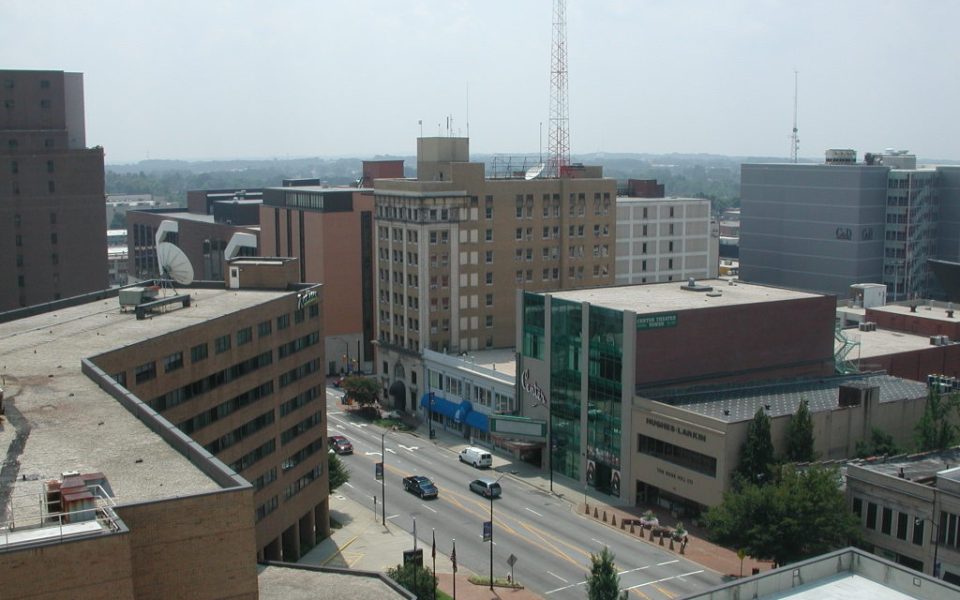Featured photo: Exwhysee, CC BY-SA 3.0 http://creativecommons.org/licenses/by-sa/3.0/, via Wikimedia Commons
“What we do in High Point changes the world.”
Not only is that a new tagline for the city of High Point that came about during its recent rebranding efforts, but also the phrase that Council Member Michael Holmes of Ward 6 stated during Monday evening’s city council meeting.
Just a few minutes prior, Holmes and the rest of council listened to a presentation of the final report created by the One High Point Commission with regards to the city’s sweeping reparations plan.
As TCB reported in August, the 245-page plan outlines the city’s deep and complicated past and present while offering detailed suggestions for how to uplift the community as a whole going into the future.
And on Monday evening, city council voted 8-1 to officially accept the report. Mayor Jay Wagner, who is not running for re-election this year, was the sole dissenting vote.
“We are on the doorstep here of doing something historic,” Holmes said. “We are on the doorstep here of doing something transformational. We are on the doorstep here of creating something that not only can change what we do here, but all across the country.”
As Holmes alluded to, the move to quantify and qualify the idea of reparations is a rare action for municipalities. In fact, High Point is the first city in the Triad and one of the only municipalities in the state to tackle the issue. The city of Asheville created a similar commission focused on reparations last year.
How did this start?
Conversations about reparations began in High Point a few years ago in the midst of the pandemic and at the height of the Black Lives Matter movement.
The One High Point Commission was created by High Point City Council on Feb. 7, 2022 after members of the High Point NAACP pushed for the idea. The commission is composed of two city council members, nine High Point residents and two NAACP representatives.
After the creation of the commission, the group worked for 18 months to come up with detailed history and strategies to combat historic racism in the city. Among the recommendations outlined in the report include addressing housing disparities, health inequities, the education gap, economic opportunity, transportation access and reviewing and revising municipal operations. Every recommendation comes with an example from another municipality which could serve as a model.
After releasing the full report, the commission also released a short film that chronicles the commission’s work and includes personal narratives from Black High Point residents.
Watch the film below.
Now that city council has accepted the report, the next steps will be for city leaders and city staff to start making efforts to implement the recommendations.
As Dr. Stephen Sills stated during an Aug. 15 public meeting about the report, the implementation of the report will be a massive undertaking that will require a “bottom-up approach.”
“It requires citizens and residents to be engaged,” he said. “….[T]o make sure that this isn’t just a plan that stays on a shelf, but an action plan that gets engaged across the board.”
Learn more about One High Point Commission here.
Join the First Amendment Society, a membership that goes directly to funding TCB‘s newsroom.
We believe that reporting can save the world.
The TCB First Amendment Society recognizes the vital role of a free, unfettered press with a bundling of local experiences designed to build community, and unique engagements with our newsroom that will help you understand, and shape, local journalism’s critical role in uplifting the people in our cities.
All revenue goes directly into the newsroom as reporters’ salaries and freelance commissions.


Leave a Reply